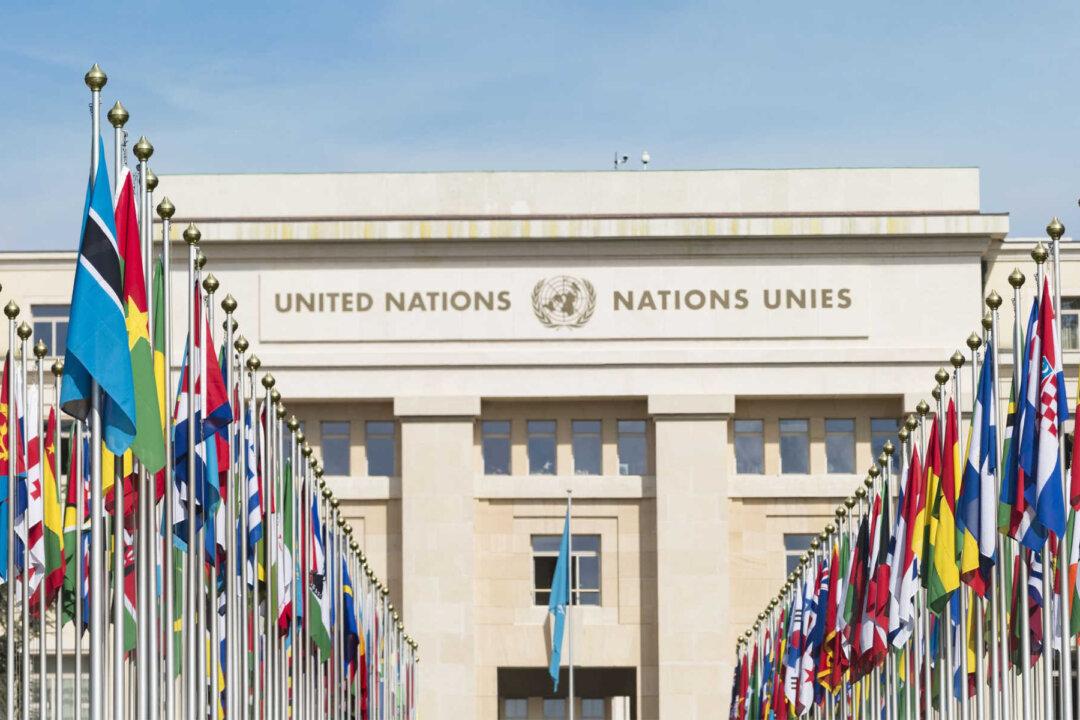The U.N. Development Programme (UNDP) stated on Oct. 11 that a serious debt crisis is looming that could have disastrous effects on the world’s poorest people.
In a new report, “Avoiding ‘Too Little, Too Late’ on International Debt Relief,” the UNDP estimated that 50 percent of the world’s poorest people urgently need debt relief to avert a major systemic development crisis.




